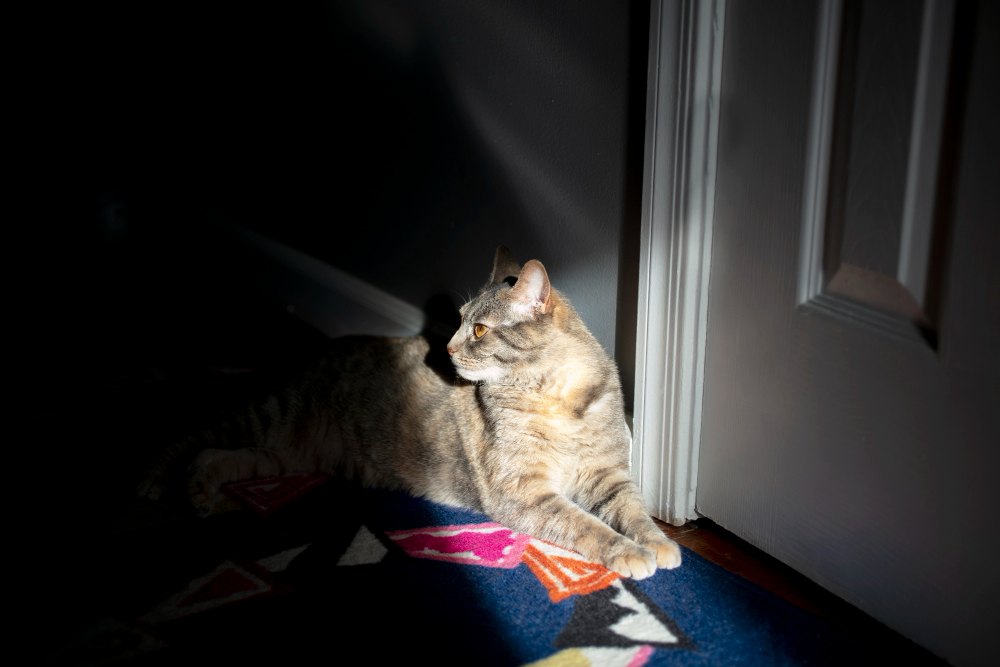How To Get a Cat To Come Home At Night. Cats can be tricky animals at times. Their energy levels vary depending on how much they’ve had to eat and how tired they are.
Cats also need a lot of sleep, with some needing upwards of eighteen hours, along with an hour or two just lazing around to keep them alert throughout the day.
Playtime for cats is especially important so that they don’t become bored throughout the day; getting enough playtime and attention will help prevent this from happening while making sure their toys stay in top form.
How To Get a Cat To Come Home At Night
When your cat goes out and about at night, it becomes a source of worry for you. It can be hard to calm down when you don’t know whether or not your cat will return home again that evening. When cats go out on the prowl, their owners often have different ways of handling it. As it turns out, there are many ways to get a cat to come home quickly, but what works best for one may not work so well for another, so knowing your pet’s individual preferences is crucial.
Cat Treats
One of the most common mistakes cat owners make is failing to adequately thank their cats when they return.
For example, during the early stages of development, a cat will spend less time around the house.
Regardless of whether you allow them out or not, you must reward them every time they return.
This helps to establish roots for when your cat becomes more independent and matures into an adult capable of determining its own activities.
Curfew
Sure Petcare provides timers that make the perfect pet product your cat stays in at night.
Since your cat is out roaming during the day, you should install a timer on your home’s pet flaps so that when nighttime comes they’ll be unable to exit through the door.
If they’re already outside, however, they can enter back into the house but not leave again even if you take off the timer/install one with different settings.
Supervised Walks
Going on walks is a great way to get some fresh air and exercise for you and your cat. It’s a little traditional with the leash and collar, but it’s important that your cat trusts you.
While harnesses give us funny Internet videos, consider what might happen if you’re in a crowded area and your cat decides to take off or flop onto their back.
But try using one inside of the home, perhaps as they are getting used to it. Couldn’t hurt just make sure they know how tasty treats are when they see a harness come out.
Freedom
After you’ve done your exploring, it’s time to give your cats some independence. Allowing them to run around with their own leashes attached to keep them from running away will improve their level of comfort, and if you feel it’s a perfect time, hang on to the leash to keep them close by.
Remember that, even though they are more autonomous and may roam around freely, they will still want your attention on a daily basis, so make sure you provide their fundamental needs. Cats, like people, do not always express their emotions verbally.
Reward
Rewarding your cat when they do come home is a great morale booster. The only issue with this is that you’ll have to make sure they know they are being commended for doing something good and not simply because you expected them to come back.
It doesn’t have to be elaborate either! Stuff as simple as being enthusiastic and reminding them with plenty of praise can go a long way in terms of encouraging them to return sooner.
Final Thoughts
Cats, unlike most household pets, tend to be quite independent. If you’re an avid cat owner like we are and want to learn a bit more about how to get your kitty home at night, read this blog post from PetWellbeing.com which is all about tips for how pet owners can learn their way around getting their cat to come home after the adventures of the day end for them so that they don’t run into any dangers along the way back.
